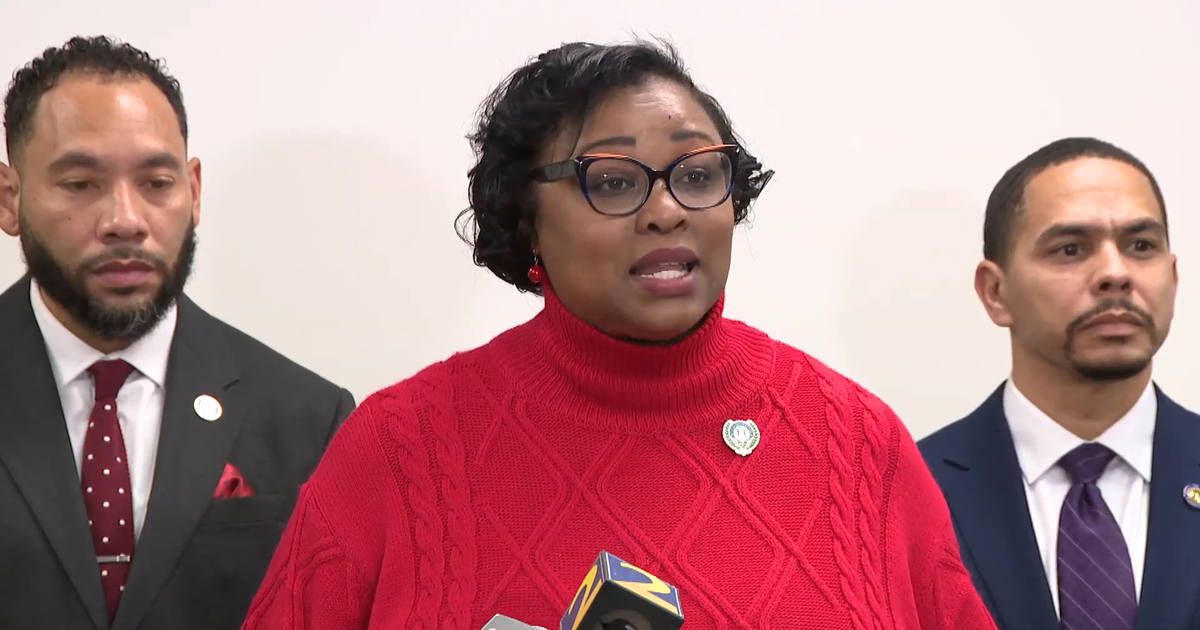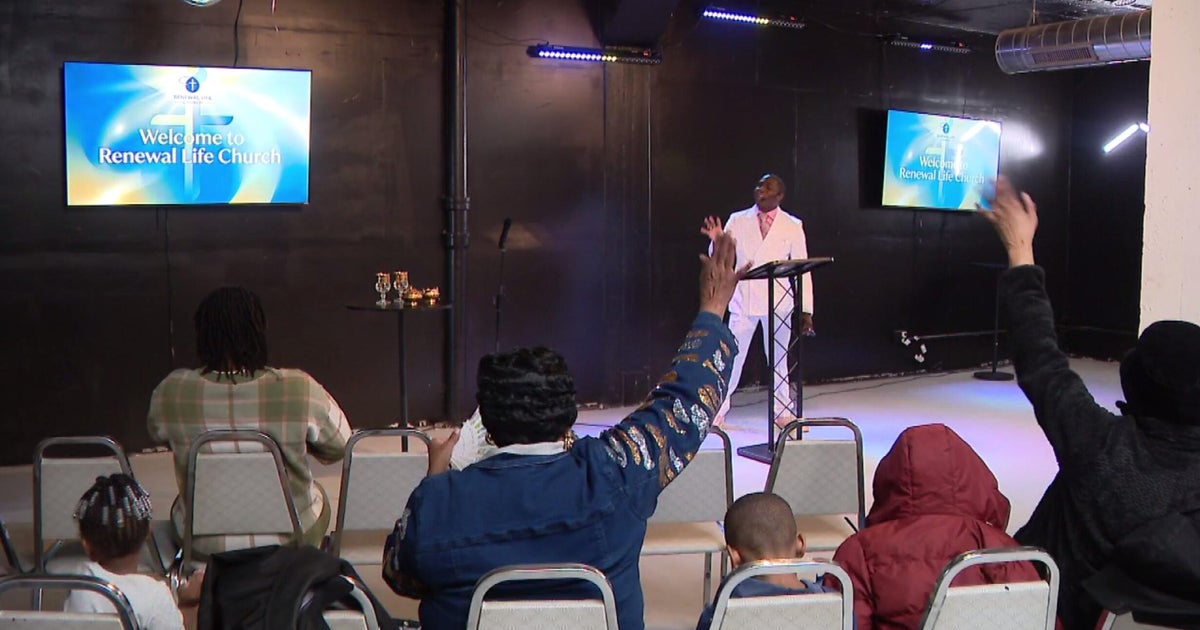Changing South Impacts Presidential Election
ATLANTA (CBSMiami/AP) – For years, politicians could count on the "Solid South." It benefited Democrats for generations and then Republicans, with Bible Belt and racial politics ruling the day.
But demographic changes and recent election results reveal a more nuanced landscape now as the two major parties prepare for their national conventions.
On August 27th, Republicans will convene in Tampa to nominate Mitt Romney of Massachusetts. Democrats will toast President Barack Obama the following week in North Carolina, the perfect example of a Southern electorate not so easily pigeon-holed.
Obama won both states and Virginia four years ago, propelled by young voters, nonwhites and suburban independents. Virginia, long a two-party state in down-ballot races, had not sided with Democrats on the presidency since Lyndon Johnson in 1964. Jimmy Carter in 1976 had been the last Democratic nominee to win North Carolina. Each state is in play again, with Romney needing to reclaim Florida and at least one of the others to reach the White House.
Southern strategists and politicians say results will turn again this year on which party and candidates understand changing demographics and voter priorities.
"The transformation of the South seems to never end," said Mo Elleithee, a Democratic campaign consultant with deep experience in Virginia and federal elections. "Now it's beginning to emerge, at least parts of it, as solidly purple."
New citizens, birth rates, and migration patterns of native-born Americans make high-growth areas less white, less conservative or both. There is increasing urban concentration in many areas. African-American families are moving back to the South after generations in Chicago, New York or other northern cities.
Young religious voters are less likely than their parents to align with Republicans on abortion and same-sex unions. Younger voters generally are up for grabs on fundamental questions like the role of the federal government in the marketplace.
"I wouldn't say the South is any more ideologically rigid than anywhere else in the country. Certainly, it's complicated," said former Gov. Phil Bredesen of Tennessee. Bredesen, a Democrat, won twice while Republican George W. Bush occupied the White House. Before that, Bredesen was a two-term mayor of Nashville.
Republican Haley Barbour of Mississippi, a former national party chairman and two-term governor, said the demographics are important but can be overemphasized. He acknowledged GOP concerns that Hispanics will vote Obama in proportions Romney cannot overcome "if the election for them is only about immigration." But, he added, "Never mind that their unemployment is so much higher than the national average. ... If the election for them is about the economy, we can do well."
Virginia grew from 7 million people to 8 million from 2000 to 2010, according to the census. North Carolina went from 8 million to 9.5 million. Both states were 65 percent white, a drop from 72 percent in each state. Native North Carolinians made up 58.6 percent of the population, a proportion that topped 70 percent two decades ago. Virginia is now half transient or immigrant.
"The North Carolina that Sen. (Jesse) Helms ran in was certainly different than today," said GOP campaign strategist Brian Nick, referring to the cantankerous five-term Republican senator. Nick worked for Helms' successor, Republican Elizabeth Dole.
Similar growth, migration and race trends are evident in Tennessee and Georgia, though they haven't yielded the same party outcomes. In those states, white voters still break strongly for Republicans.
(TM and © Copyright 2012 CBS Radio Inc. and its relevant subsidiaries. CBS RADIO and EYE Logo TM and Copyright 2012 CBS Broadcasting Inc. Used under license. All Rights Reserved. This material may not be published, broadcast, rewritten, or redistributed. The Associated Press contributed to this report.)







